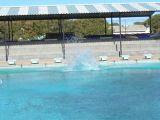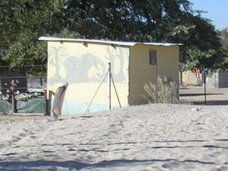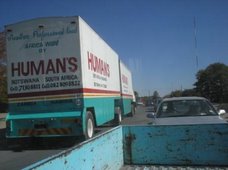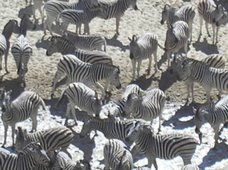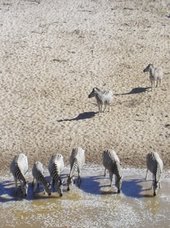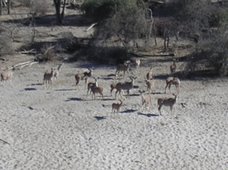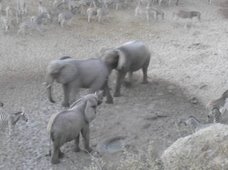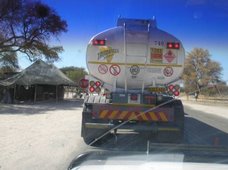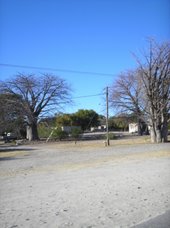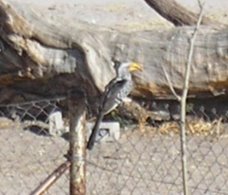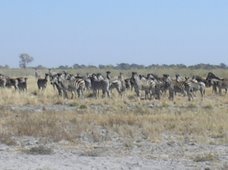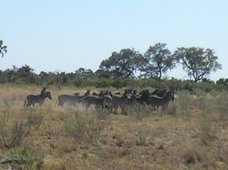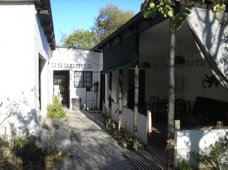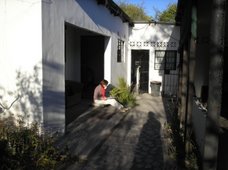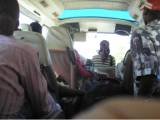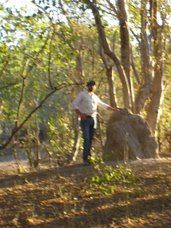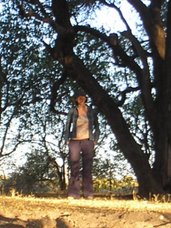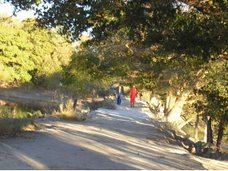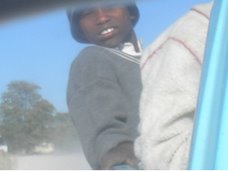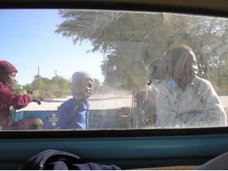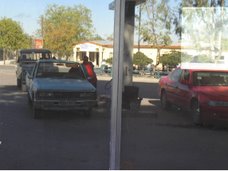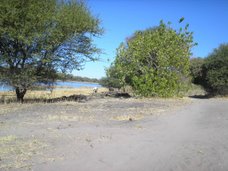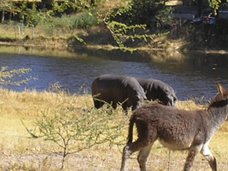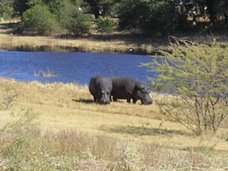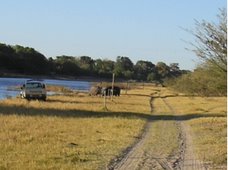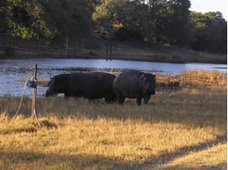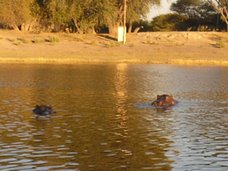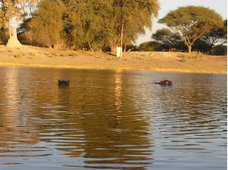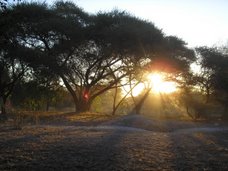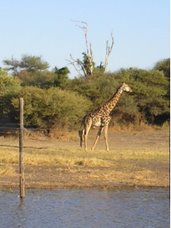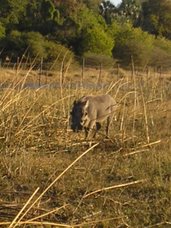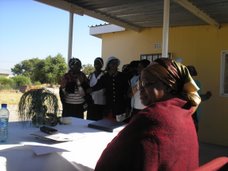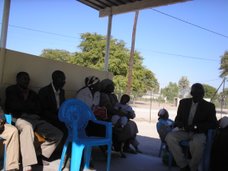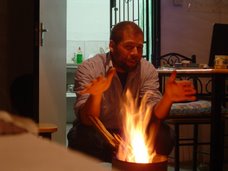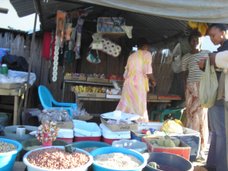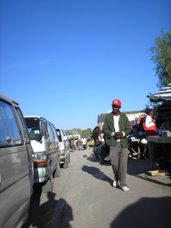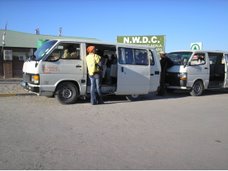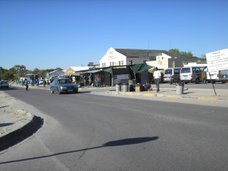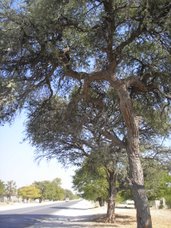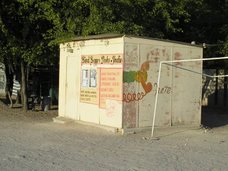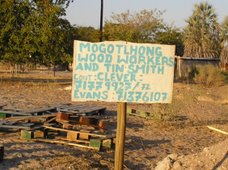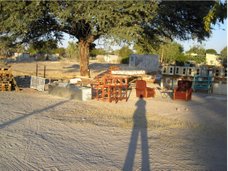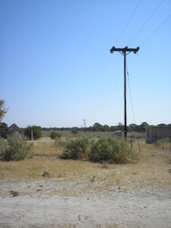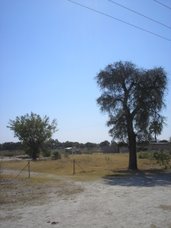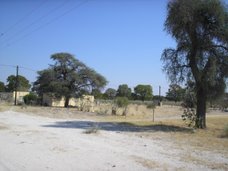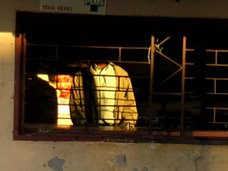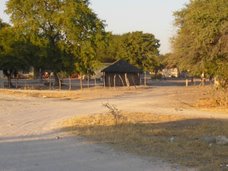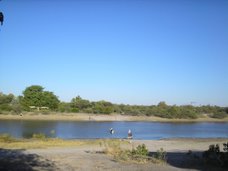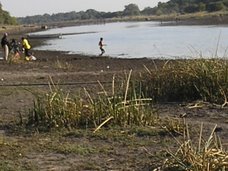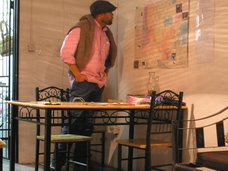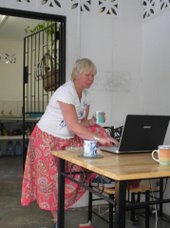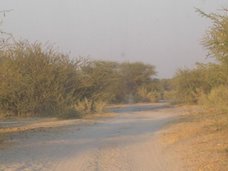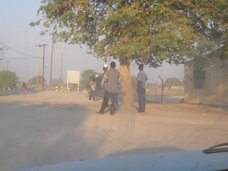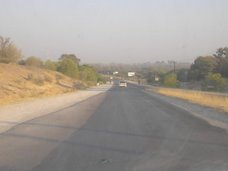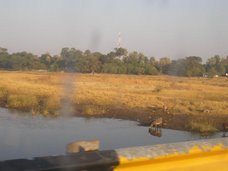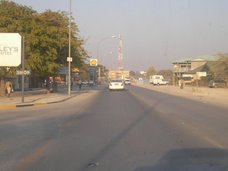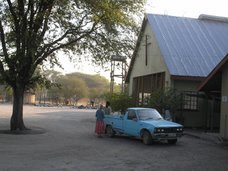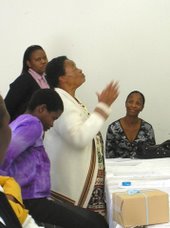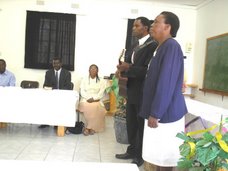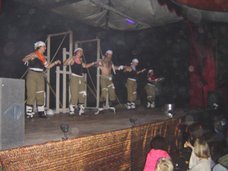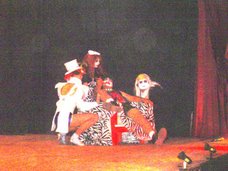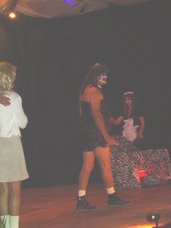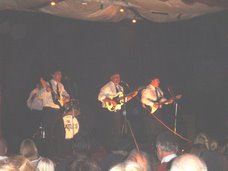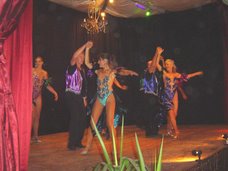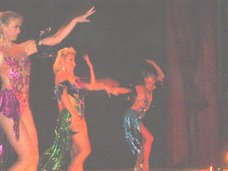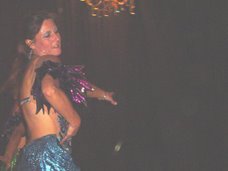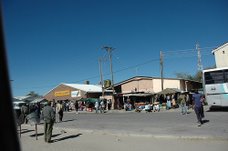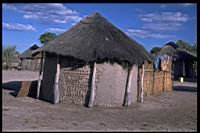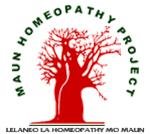Sunday, June 17, 2007
One Week In Maun
Monday, June 11, 2007
What was your first day at work like?
Sunday, June 10, 2007
Maun Sounds Like A Fun Place To Be / मौन सौन्ड्स लिके आ फुं प्लेस तो बे
And believe it or not, the cultural cleansing rites seem to have worked, as the sky suddenly turned cloudy and the soft breeze cooled the hot weather.
He said that the bats use ceilings as their abode and the most affected houses are those of the teachers, nurses, and local police officers. Morolong told Mokaila that wildlife officers should be sent to deal with the bats. He said if wildlife officers had not prevented them, the residents would have long used other means to wipe out the animals.
"When we reported the matter, your officers instructed that we should not kill the creatures because they are a protected species. They said the only thing we should do is to remove them and patch the ceiling, but we tried and failed. Therefore I request you to send your officers to remove them from our area because we are tired of the anguish that they are causing us," he said.
Morolong explained that the animals are inactive by day but at night they come out of their hiding places and trouble residents. Their noises prevent the civil servants and their families from sleeping and cause panic. The occupants of the houses were then forced to move out and seek accommodation elsewhere. The problem affects most villagers with modern houses.
Morolong told Mmegi that besides the noises, the bats defecate and urinate constantly, causing a pungent smell and resistant stains on clothes, walls and the ceiling.
What's Maun Like? / वहत इस मौन लिके?
First Day In Maun / फर्स्ट दय इन मौन
Intercape Mainliner / इंटर-कापे Mainliner
Thursday, June 07, 2007
Ice Cold In Johannesburg / Ice Cold In Johannesburg
I'm finally in Africa. I managed not to sleep on the 9 hour flight from London andnow I'm floating and goggling in the freezing mall that is Jo'burg park bus station. Please excuse my typing as i a musing an unfamiliar keyboard.
A Crisp Clear Day In Johannesburg
Here in the bus station it is absolutley arctic. But incredibly clean. More clean than any public concourse you would see at home. And everyone is very polite and courteous. People tend to leave you to your own devices unless you are about to go seriously astray or you ask for help.
Saturday, June 02, 2007
मौन होमोपति प्रोजेक्ट सलेब्रतेस इत's फर्स्ट येअर / Maun Homeopathy Project Celebrates Its First Year
We have just celebrated our first full year of running the homeopathy clinics in Maun. “The homeopathy has changed peoples’ lives” says Stella, co-ordinator of our biggest clinic at the Lutheran Church.
The clinics have been made possible by 3 key factors: the generosity of individual donors; the time, hard work and commitment given by volunteer homeopaths; and the strong and warm partnership we have developed with local agencies in Maun. Arun Mushiana, Volunteer Homeopath, says “The homeopaths are so loved here, and at the clinics we see daily miracles.” Word has spread and people living with HIV and AIDS travel from all over Botswana to get treatment from us. It is not unusual to hear from a client that they have arrived the day before from their village 500km away to join the early morning queue at one of our clinics.
“It’s hot, hard work and there’s so much suffering but volunteering in Maun is the most important thing I’ve done in my life,” Julia Hunn.Ten volunteer homeopaths so far have donated their time, energy and money to run the clinics in Maun over the last year taking unpaid leave to do so. Our heartfelt thanks goes to them - Margaret Ecclestone, Noam Bar, Lesley Murphy, Julia Hunn, Jane Harter, Cleo Cameron, Arun Mushiana, Elaine Weatherley-Jones, Penny Rowe and Bridget Allison.
“One of the most outstanding memories I have of the people that I met and treated in Botswana is of how much they appreciated the service, feeling valued as people, not treated as HIV patients. One comment overheard in the waiting room (where people would wait patiently all day) was “how lucky we are to have this service in Maun - I was in Francistown and people with HIV there feel outside of society, but here in Maun we feel accepted and valued”. Elaine Weatherley-Jones
Thursday, May 31, 2007
Statistics and Information - HIV, Rape and Bereavement in Botswana (From The Maun Homeopathy Project Website)
HIV: A National Crisis
Botswana has one of the highest rates of HIV infection in the world: over 35% of people are infected in a population of 1.75 million.
Although economically successful, Botswana has a high proportion of its population living in poverty.
Despite increasing urbanisation the majority of the population still lives in the rural areas and there is high mobility whereby individuals and their families move within or outside the country for work or to move between the cattle post, the village home and the town.
In 2005 there were 380,000 adults and children living with HIV. An estimated 120,000 children in Botswana have lost at least one parent to the epidemic and life expectancy at birth is now 40 years.
(Ref: WHO 2006 Report on the global AIDS epidemic)
Rape: The Unseen Picture
There are high levels of sexual violence in Botswana (and in Southern Africa as a whole) with teenage girls and younger women particularly at risk.
Girls and women who have been sexually assaulted are at increased risk of HIV infection through direct transmission and because of the long-term effects of sexual violence on risk-taking behaviour.
Contrary to conventional notions women are more likely to be raped by an intimate partner, spouse or someone they know than by a stranger. The abuse often continues over a relatively long period of time.
Because women are often the first to test for HIV through ante-natal services they are often blamed for bringing HIV into the family or community and this blame can easily turn to violence.(Ref: “Facing the Future Together” Report of the United Nations Secretary General’s Task Force on Women, Girls and HIV/AIDS in Southern Africa).
Bereavement & Stigma: Daily Devastating Effects
Multiple bereavement, through the high incidence and death rate from HIV and AIDS, is a devastating fact of life in Botswana. Most families have been affected by at least one death and this has economic as well as emotional consequences such as poverty, despair and anxiety.
Another consequence is that surviving adults, usually women, can be overburdened with the care of others while lacking financial or emotional support.
The overall picture in Botswana in general and in Maun in particular is one of a community in crisis composed of individuals dealing with the daily devastating effects of trauma from HIV diagnosis, living with HIV, the consequences of rape, the overburden of care for others and the social isolation from stigma that is often the result of HIV and rape.
Maun Homeopathy Project
- Establishing a permanent and free homeopathic service for women, men and children living with HIV and AIDS and/or traumatised by rape in Maun, Botswana
- working in partnership with agencies in the local community
- offering holistic care to people suffering from illness, trauma, grief and stigma
- travelling light with a mobile clinic providing an outreach service for those most in need
- to recruit and support local people to train in homeopathy to an internationally recognised standard
A Community in Crisis
Since 2002, The Maun Homeopathy Clinic has been running free homeopathy outreach clinics in Maun, a fast growing town in the north of Botswana, (click here to view map) where over 35% of the people are infected with HIV or AIDS, one of the highest rates in the world.
The epidemic has put this hitherto strong and confident democratic country into crisis and the Maun community like the rest of the country is suffering as a result. Everyone is affected and trying to cope with its daily devastating effects.
Maun is now the centre for the provision of medical and social care for people affected by HIV and traumatised by rape living in the town and its surrounding areas, but more help and other approaches are desperately needed.
Homeopathy fills the gap for a holistic approach to healing which is complementary to the existing and stretched medical and counselling services.Click Here for more on HIV and AIDS in Botswana
How can you help?
Make a regular donation by standing order; make a one off donation - Click to Donate now!Join our email list for news of fundraising events and for the MHP Newsletter - Contact Us
Our logo: The Baobab Tree
One of the great symbols of Africa, the Baobab Tree symbolises Strength, Survival and Longevity and all parts of the tree have nutritional and medicinal value.






